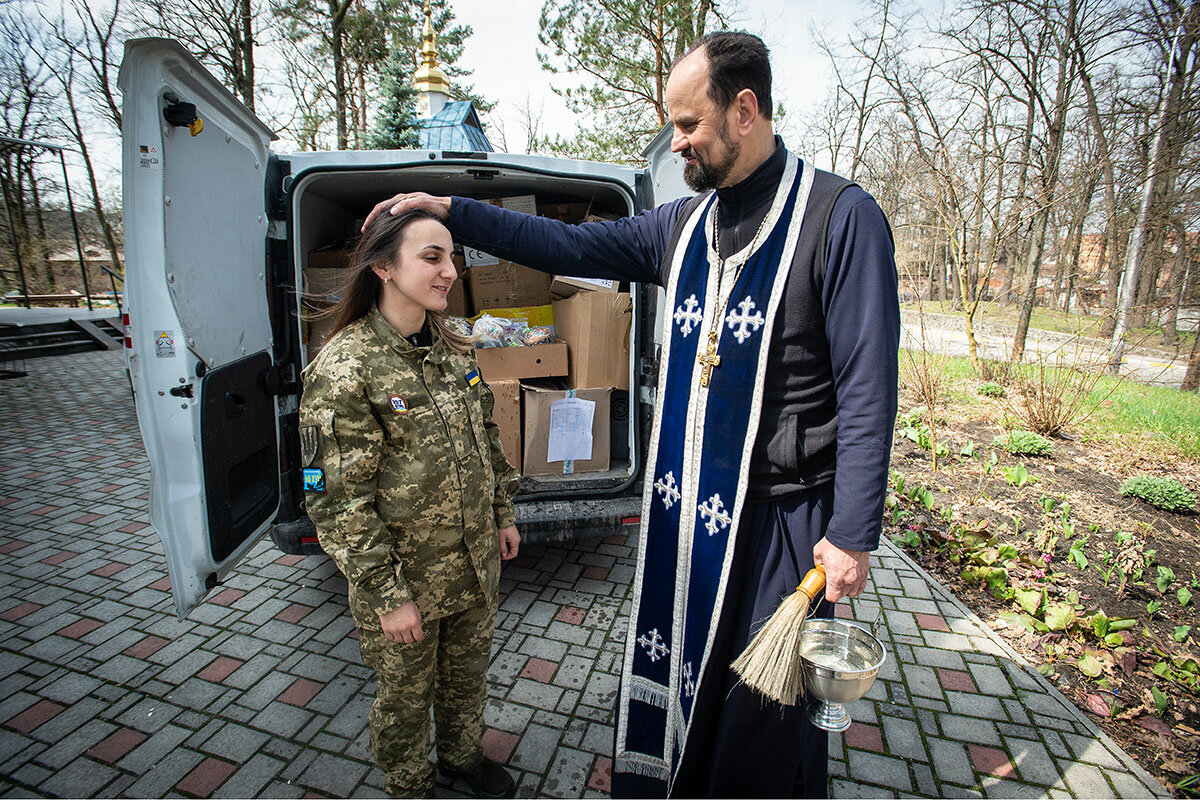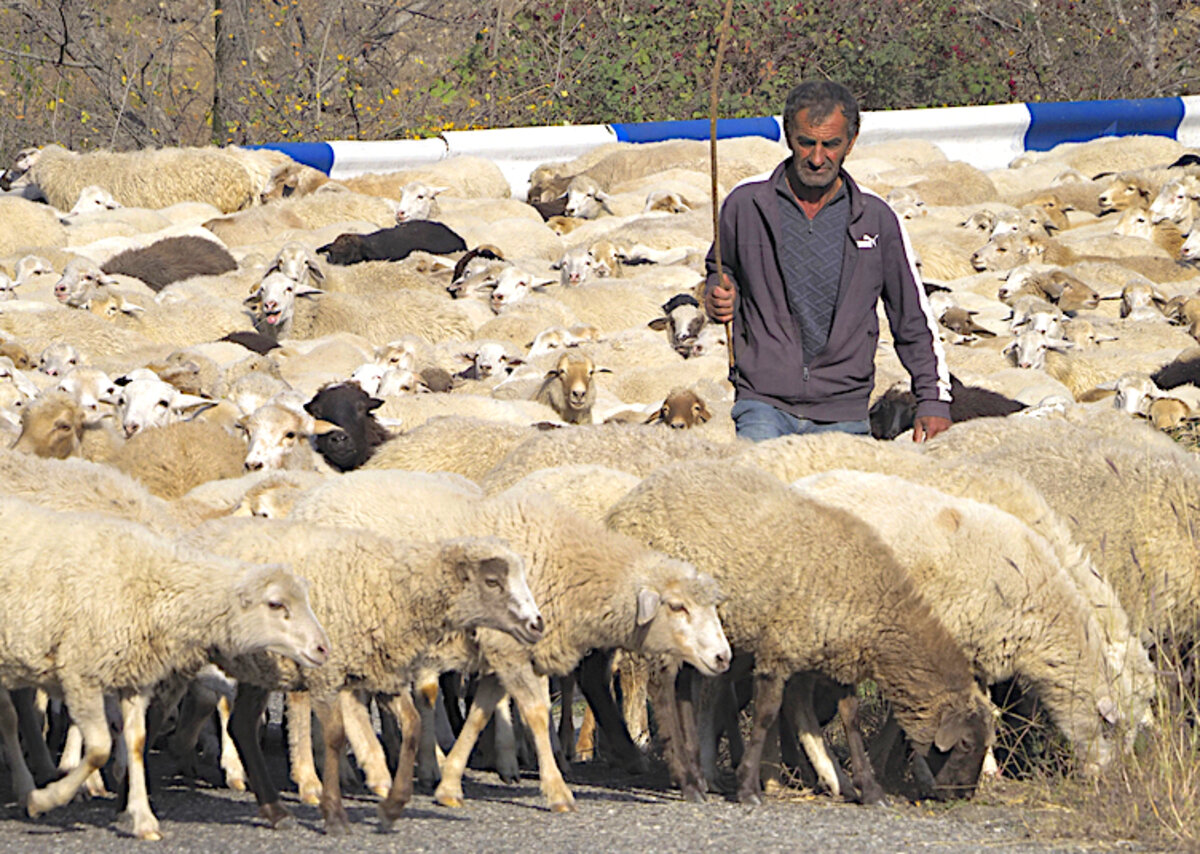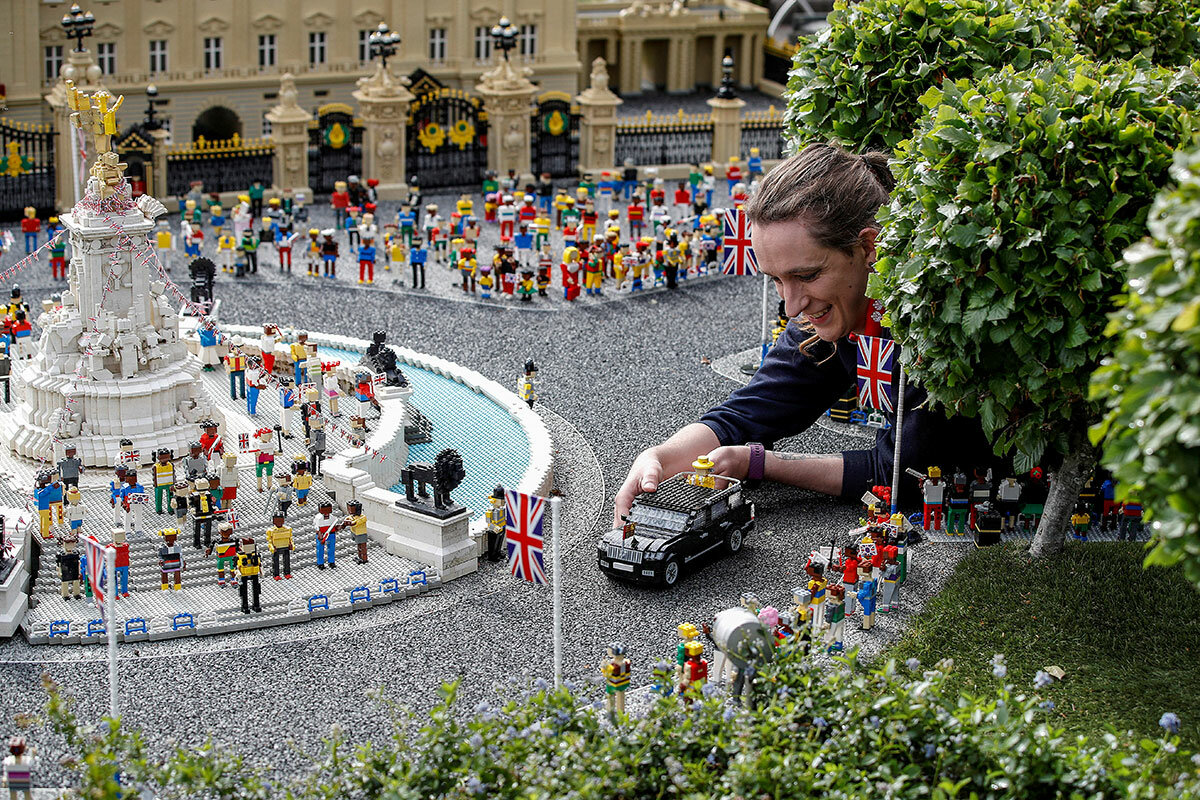The Ukrainian Orthodox Church, angered by Moscow Patriarch Kirill’s support for the Russian invasion, has struck out on an independent path after nearly 350 years.
Monitor Daily Podcast
- Follow us:
- Apple Podcasts
- Spotify
- RSS Feed
- Download
 Stephen Humphries
Stephen Humphries
Over the past few days, songwriter Jesca Hoop hasn’t been able to stop thinking about the victims and survivors of the school massacre in Uvalde, Texas.
Wondering what to do in response, the acclaimed artist thought back to a song she’d written in 2020. She hadn’t intended to release “7lbs of Pressure” – which refers to the squeeze it takes to pull a trigger – until a later time. But Ms. Hoop felt compelled to temporarily release it on Bandcamp to raise funds for the victims’ families and for Sandy Hook Promise.
“The recognition of the people who survived and the parents who lost their children ... it’s very sobering,” says the California-born songwriter in an interview from her longtime home in Manchester, England.
The song’s lyrics are an imaginary speech in which a U.S. president issues an executive order to restrict gun ownership. The song doesn’t grapple with the constitutional questions of such a decree, and Ms. Hoop admits that she was worried that it might be considered naive. What matters, she says, is imagining an America without assault weapons. “I want us to set our ideals and then troubleshoot backwards from there,” she explains.
The songwriter’s ultimate solution may appeal to both conservatives and liberals. Her song suggests that Americans can become less reliant on guns if they begin to address the root causes of violence. That way leads to what she calls “true protection.”
“True protection is never violent,” says Ms. Hoop. “True protection is reason. It is care. It is shelter. It is food. It is education. It is community.”









